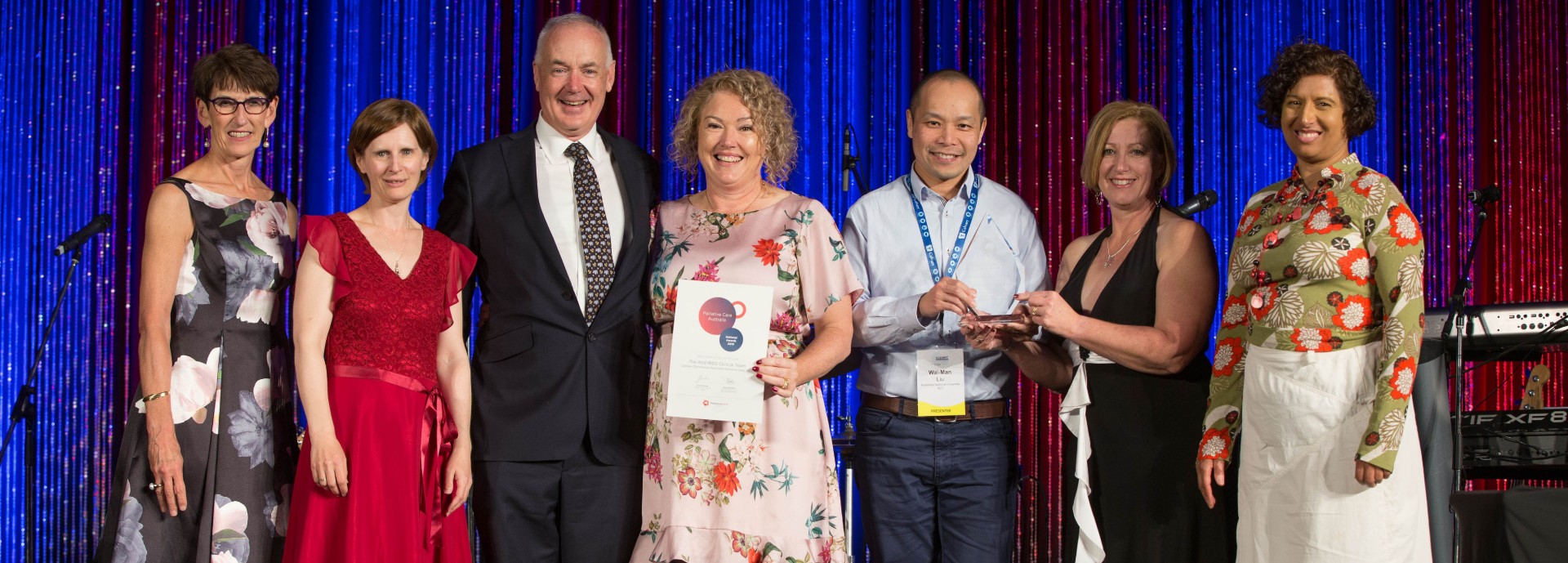A University of Stirling academic has been recognised for her work in leading a team which developed and tested a new method for improving palliative care provision in Australia.
Dr Liz Forbat, Associate Professor in the Faculty of Social Sciences, led the INSPIRED research team which received the ‘Innovation’ award from Palliative Care Australia.
The INSPIRED team is a collaborative project between the University of Stirling, Australian Catholic University, Calvary Public Hospital, Australian National University, and University of Technology (Sydney). The project was funded by Australian Capital Territory (ACT) Health.
The team developed a new model of care, called ‘Needs Rounds’, which is designed to improve quality of care by identifying nursing home residents who are likely to die without an adequate plan in place. It triages residents where there is a most urgent need for planning, provides anticipatory planning and offers staff education to better enable people to be cared for at home rather than in hospital.
‘Needs Rounds’ fits with Australia’s National Palliative Care Strategy, and UK health policy, in ensuring people affected by a life-limiting illness receive care that matches their needs and preferences, and improves access to and quality of care for an ageing population.
Dr Liz Forbat said: “Having the important work of the INSPIRED team recognised in this way is a proud moment for everybody involved. Knowing that our research is helping to make a real difference and is generating interest among health providers around the globe is extremely fulfilling. The work has been cited in the Australian Royal Commission into Aged Care as an example of good practice.”
To assess the impact of the new model, the INSPIRED team conducted a large randomised control trial, involving 1,700 residents.

